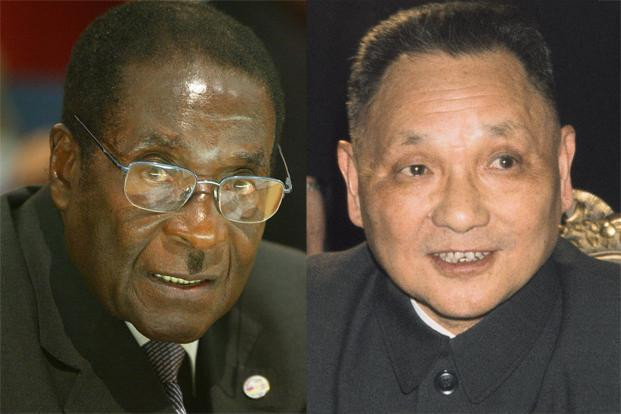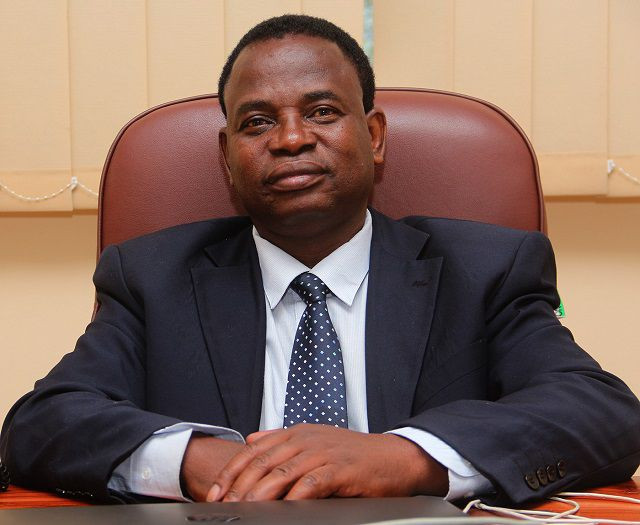
ON May 15, 1981, former President Robert Mugabe met with the renowned Chinese leader Deng Xiaoping in Beijing as Zimbabwe sought to strengthen its ties with China, now the world’s second-largest economy.
Deng, who had risen to power in 1978 after the death of China’s founding leader Mao Zedong, implemented a series of bold reforms that blended socialist ideology with free-market principles under the theme Socialism with Chinese Characteristics.
Following this pragmatic approach, China’s economy grew exponentially, with its gross domestic product (GDP) surpassing US$1,3 trillion in 2010, ending Japan’s 40-year reign as the world’s second-largest economy after the United States.
During this extraordinary period of growth, China lifted millions of its citizens out of poverty, transforming itself into a global economic powerhouse.
When Mugabe and Deng met, the Chinese leader famously remarked, “It does not matter if the cat is white or black; if it catches mice, it is a good cat”.
This statement encapsulates a practical approach to governance and development — one that Zimbabwe’s current leadership would do well to heed as it prepares to participate in the upcoming Forum on Africa-China Cooperation (Focac) in Beijing.
This forum, scheduled for September, offers significant opportunities for investment, trade, and diplomacy between Africa and China, representing a combined population of nearly three billion people.
Despite marketing itself as reformist and pro-business when it assumed power in 2017, President Emmerson Mnangagwa’s administration appears to have missed crucial steps that could drive Zimbabwe’s economic recovery.
- Mavhunga puts DeMbare into Chibuku quarterfinals
- Bulls to charge into Zimbabwe gold stocks
- Ndiraya concerned as goals dry up
- Letters: How solar power is transforming African farms
Keep Reading
Numerous investment think tanks have outlined the reforms Zimbabwe needs to attract capital, resolve its massive debt burden, and set the economy on a sustainable growth path. These reforms include creating an investor-friendly environment, tackling endemic corruption, effectively utilising mineral resources, stabilising the volatile currency, ensuring policy consistency, and upholding property rights. Several African nations that have shown the political will to implement similar reforms are beginning to see improvements in the livelihoods of their citizens. Yet, Zimbabwe remains trapped in a seemingly intractable crisis, largely due to a leadership focus on power retention rather than transformative governance. This has caused the country to squander valuable opportunities to implement bold and necessary reforms.
As Mnangagwa embarks on his second and final constitutional term, set to end in 2028, the ambition of transforming Zimbabwe into an upper-middle-income economy by 2030 is becoming increasingly elusive. It is imperative for the administration to critically assess its progress and effectiveness in embracing the changes needed to halt the country’s economic decline. Attending premier investment events like Focac without addressing the underlying issues plaguing Zimbabwe will do little to change the country’s fortunes. The time for action is now — before Zimbabwe loses even more ground in its quest for economic revival.






